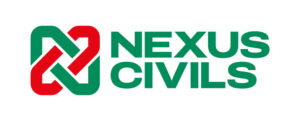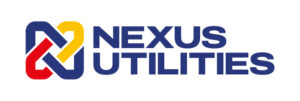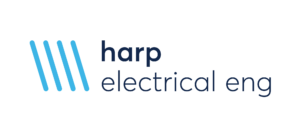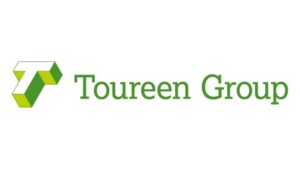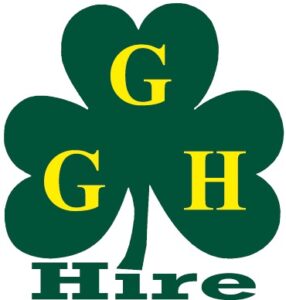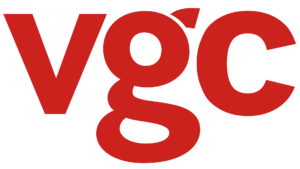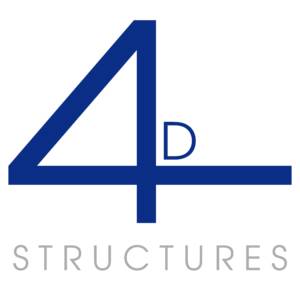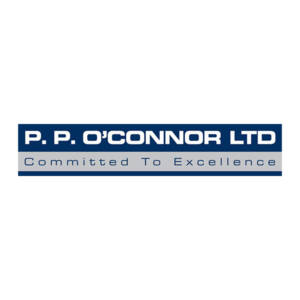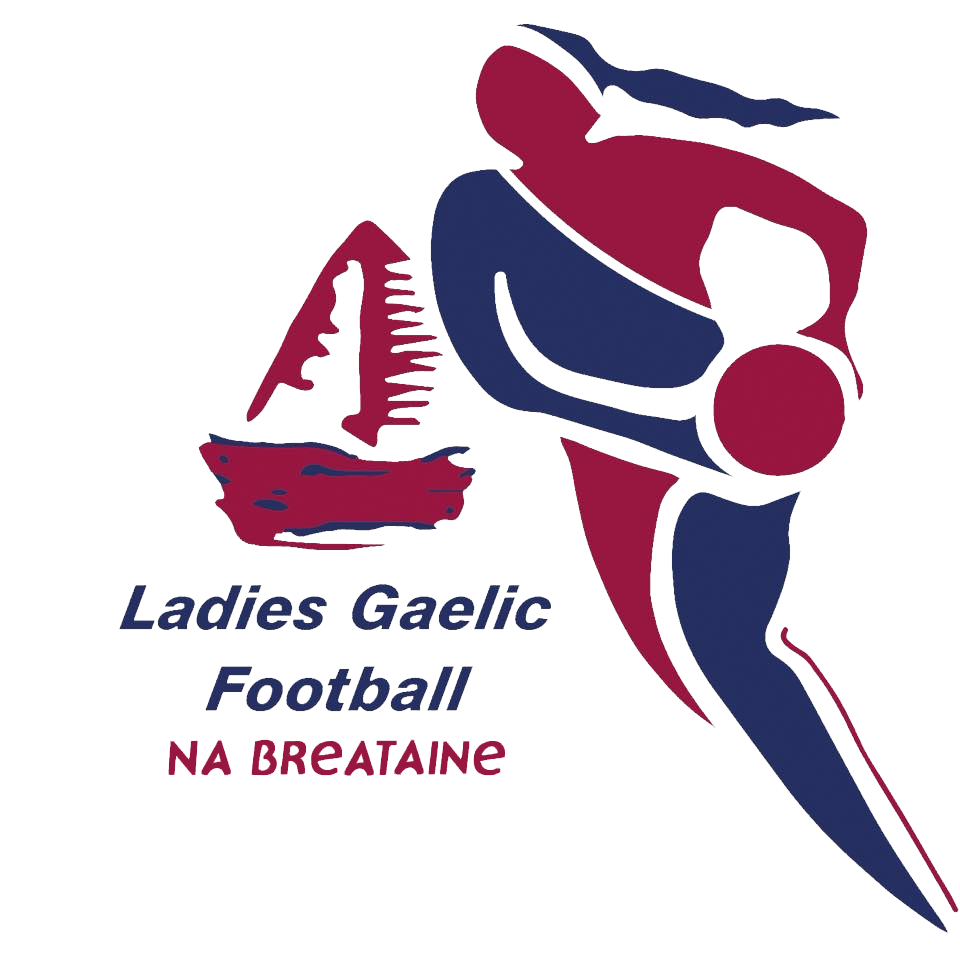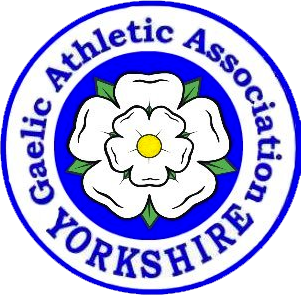It is The Gaelic Games Council of Britain’s policy that:
Directors, committee members, key volunteers, employees, consultants and others acting on behalf of The Gaelic Games Council of Britain must be free from conflicts of interest that could adversely influence their judgment, objectivity or loyalty to The Gaelic Games Council of Britain in conducting The Gaelic Games Council of Britain’s activities
We are committed to maintaining the highest standards of corporate governance and conducts its business in an open and transparent manner.
The aim of this policy and process is to protect both The Gaelic Games Council of Britain and the individuals concerned from any appearance of improper behaviour. Everyone identified within this policy documentation should conduct themselves with integrity, impartiality and honesty at all times and should maintain high standards of propriety and professionalism. They should avoid situations where they, or The Gaelic Games Council of Britain, could be open to suspicion of dishonesty and not put themselves in a position of conflict between their official duty and private interest.
We accept that people may take part in legitimate financial, business, charitable and other activities outside The Gaelic Games Council of Britain, but any potential conflict of interest raised by those activities must be disclosed promptly.
All employees must obtain written permission from The Gaelic Games Council of Britain before taking on a paid or volunteer role in any other sports organisation.
This policy explains what is viewed by The Gaelic Games Council of Britain as a conflict of interest and the procedure to follow where a conflict of interest arises. Other policies may impact on this policy area and may need to be consulted when determining conflict.
Scope and Definitions
This Policy applies to all of the following The Gaelic Games Council of Britain personnel:
- Directors and sub committees of The Gaelic Games Council of Britain;
- Members of committees or working groups or similar appointed by The Gaelic Games Council of Britain for any purpose;
- Full time, part time and casual employees;
- Any person contracted to undertake work for The Gaelic Games Council of Britain who has any other voluntary role within The Gaelic Games Council of Britain or its members
This Policy applies whenever a person identified above recognises, or should reasonably recognise, that he/she has a Conflict of Interest.
A Conflict of Interest is a situation in which a person has an Interest (defined below) which may compromise that person’s obligations to The Gaelic Games Council of Britain or to any other person or body with which The Gaelic Games Council of Britain has a relationship (e.g. Provincial Councils, Boards, Counties, Clubs). A Conflict of Interest includes perceived and potential conflicts as well as actual conflicts of interest. A perceived conflict of interest is one which a reasonable person would consider likely to compromise objectivity. A potential conflict of interest is a situation which could develop into an actual or perceived conflict of interest.
An Interest is a financial or non-financial interest involving the Person, or a Connected Person (defined below). A financial interest refers to anything of non-trivial monetary value including but not limited to salary, commission, consultancy fees, contractual interest, discounts, property and royalties. A non-financial interest refers to any non-financial benefit or advantage including but not limited to access to privileged information or services, property or intellectual property rights and enhancement of a career, education or professional reputation. In a sports environment this may include training and selection of athletes and coaches.
A Connected Person is anyone with whom the individual in question has a relationship which is likely to appear to a reasonable person to influence the individual’s objectivity including but not limited to close family, their partner and close personal friends.
If an individual has a Conflict of Interest, they have a duty to disclose it under the procedure set out below.
In the case of a Director of The Gaelic Games Council of Britain, disclosure is a requirement under Company Law and is clearly identified within the Company Articles of Association which take precedence over this policy.
Any Director acting in any other role on behalf of The Gaelic Games Council of Britain, at any time, shall first and foremost be considered as a Director and accordingly must adhere to the Articles of Association and this policy.
Information Collection Process
The Operations Manager of The Gaelic Games Council of Britain (or other appropriate individual the role is delegated to) shall maintain a register of those individuals who will be required on appointment and at least annually to complete and sign the The Gaelic Games Council of Britain of Interest form.
It is the responsibility of the Operations Manager of The Gaelic Games Council of Britain to ensure that individuals on the register are provided with a Conflict of Interest form and that the completed form is received and retained by The Gaelic Games Council of Britain.
On receipt of the completed forms the Operations Manager of GGCB will update the register with the information declared by each individual using the categories of:-
Interest: Financial, Non-Financial, Perceived, Actual
Self:
Connected Person:
Managing Conflict
If a conflict can be managed the agreed management process must be clear and reported in the register.
Below are examples of how an individual may manage conflict themselves or how a committee Chairperson might manage a particular meeting situation:-
- not taking part in discussions of certain matters either staying in the room or vacating the room until the particular item is finished;
- not taking part in decisions relating to certain matters either staying in the room when the decision is made or vacating the room whilst the decision is made having stayed for the discussion;
- if the conflict relates to the chair of the meeting, he/she must vacate the role of chair and the room, until the particular item is finished or a decision made;
- stepping aside from any involvement in a particular task;
- declaring an interest to a particular sponsor or third party (this may be following discussion with, or recommendation of, the Conflict of Interest Panel); and/or temporarily suspending authorised consultancy work until a decision is given the chair/acting chair of the meeting
Conflicts That Cannot Be Managed
Situations may arise where it is not possible to manage the conflict, in these circumstances a meeting with the individual concerned to discuss and agree the way forward will need to be held. The register should be noted accordingly with the date of the agreement; the full details may or may not be included as determined by the agreement and level of confidentiality.
If an employee’s conflict is deemed non manageable a copy in writing of the conflict, decision and signed agreement must be placed on the employee’s Human Resources file. Such information shall be protected in accordance with the Data Protection Act and restricted to those who require it to fulfil their responsibilities.
The register should be noted accordingly with the date of the agreement; the full details may or may not be included as determined by the agreement and level of confidentiality.
Data Protection and Publication of Declarations
The information collected for the purpose of managing conflict may in certain circumstances be deemed sensitive personal information and as such inappropriate for public circulation.
The Gaelic Games Council of Britain will take steps to identify such information with individuals as part of the data collection process and agree its exclusion from publication. This exclusion may also include details relating to conflicts that cannot be managed as noted earlier in this policy document.
Council of Britain Conflict Policy
Policy Review Date:
Annually – March 2026
Person Responsible for Monitoring & Evaluating:
Frank Dillon – secretary.ggcb.britain@gaa.ie






